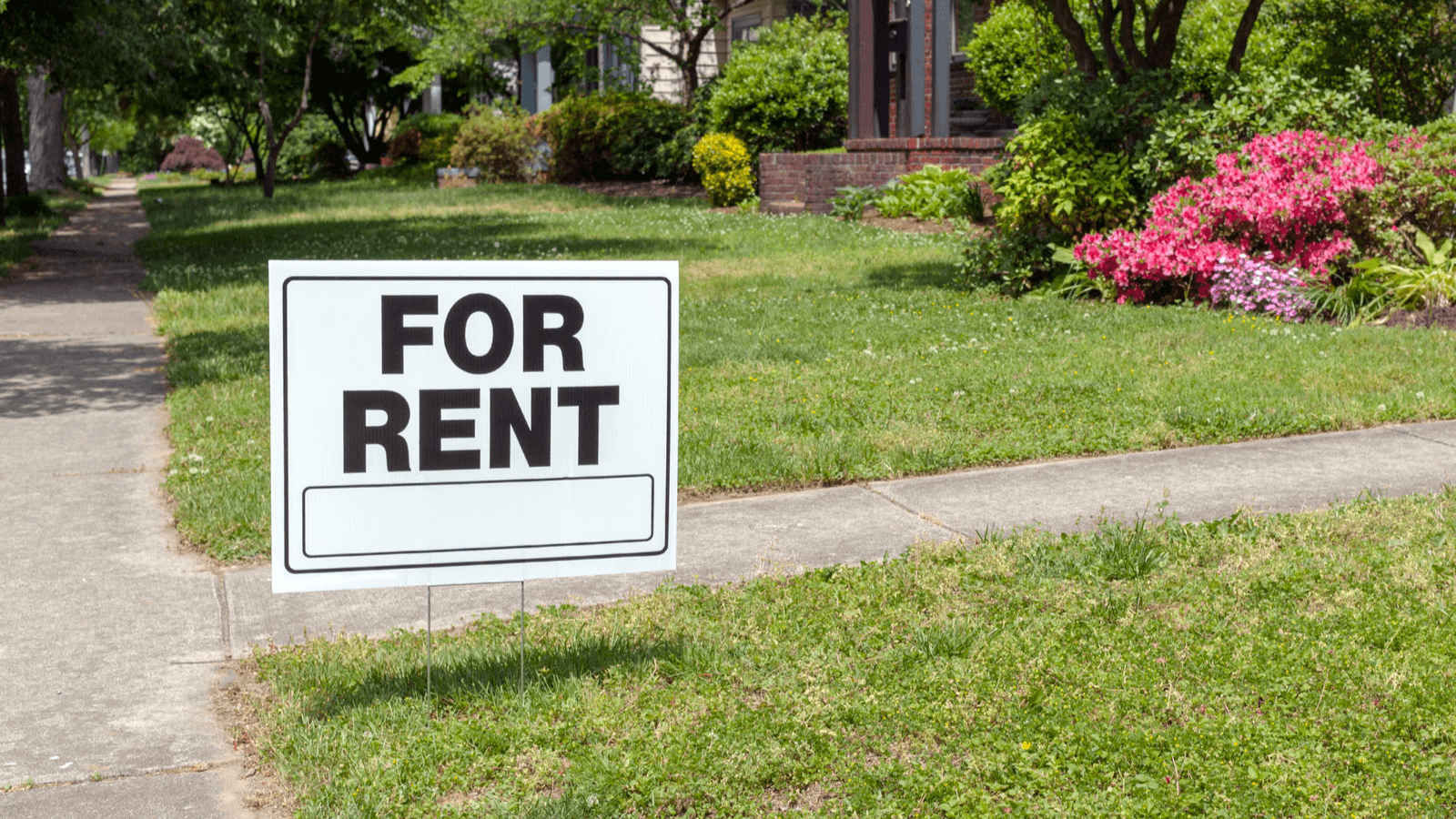North Carolina state law requires landlords to disclose certain information to their tenants about the property or the policies in their lease. These disclosures should be done through written communication, typically in the lease or rental agreement, and ensure a safe and secure rental experience for both landlords and tenants.
As a landlord, it’s important to understand and comply with these required disclosures; failure to do so can lead to legal issues and can put your tenants at risk. We’ve compiled an overview of the disclosures you might be required to provide.
Required Disclosures in North Carolina
Lead-based paint
Under Title X, federal law requires landlords to disclose to potential tenants of a property built before 1978 whether the property has lead-based paint hazards before renting to the tenant. Landlords must also disclose lead-based paint hazards to current tenants of occupied units at least 60 days before making any renovations (defined as “any change that disturbs painted surfaces”) to the property. Landlords must provide tenants with a pamphlet from the EPA titled “Protect Your Family From Lead in Your Home” as part of their disclosure.
Lead-based paint is the only disclosure required by federal law, all other landlord disclosure requirements are based on state laws.
Security deposit
When a tenant pays a security deposit, the landlord is required to provide a written receipt and a written statement that outlines the conditions under which the deposit can be withheld, including the amount of the deposit, the name and address of the bank where the deposit will be held, and the interest rate, if any, that will be paid on the deposit.
Notice of Default
If the property is subject to foreclosure, landlords must provide tenants with written notice of the default. This notice must be provided within three days of the landlord receiving notice of the default.
Landlord’s name and address
Landlords must provide their name and address in writing to their tenants. This information should be included in the lease agreement or provided to the tenant separately in a written statement.
Mold
NC law requires landlords to disclose any known mold issues in the rental property. While landlords are not required to conduct mold testing, they must disclose any known mold growth or moisture issues that can lead to mold growth.
Methamphetamine contamination
Landlords must disclose if the property was used to manufacture or store methamphetamine. This includes any cleanup or remediation efforts that have been performed to address the contamination.
Starling Law Firm can help you determine what to disclose
As a landlord in North Carolina, it’s important to understand the legal requirements for disclosing certain information to your tenants. These disclosures not only protect your tenants but also protect you, as a landlord, from potential legal issues. At Starling Law Firm, we understand it can be difficult to know what information you have to disclose to your tenant, so it’s important to have an experienced real estate attorney guide you through the process of creating your rental agreement. Contact our office to speak with a member of our real estate team today.

